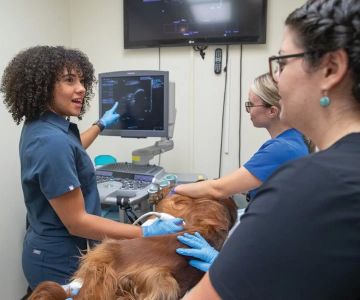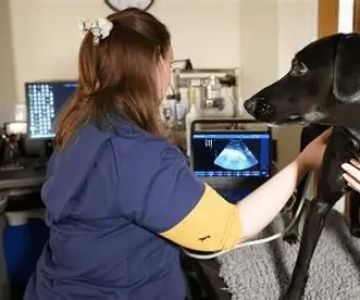- 1-understanding-veterinary-nurse-salary
- 2-factors-influencing-veterinary-nurse-pay
- 3-real-world-salary-examples
- 4-career-growth-and-earning-potential
- 5-expert-advice-for-veterinary-nurses
- 6-finding-resources-for-veterinary-nurses
1. Understanding Veterinary Nurse Salary
Veterinary nurses play a vital role in animal healthcare, assisting vets with treatments and patient care. The question “what does a veterinary nurse get paid?” varies widely depending on location, experience, and workplace. On average, veterinary nurses in the US earn between $30,000 and $45,000 annually, with some variation based on specific factors.
2. Factors Influencing Veterinary Nurse Pay
Several factors impact veterinary nurse wages including geographic location, type of employer (private clinic, research facility, or animal hospital), level of experience, and certifications held. Urban areas and specialized practices tend to offer higher salaries. Additionally, advanced certifications can boost earning potential significantly.
3. Real-World Salary Examples
For example, a newly graduated veterinary nurse working in a small animal clinic in a rural area may earn closer to $28,000 per year. Meanwhile, a senior nurse with certifications in emergency care or anesthesia in a large city hospital can earn $50,000 or more. Personal stories shared by professionals highlight how investing in education and specialized skills can substantially improve pay.
4. Career Growth and Earning Potential
Veterinary nursing offers opportunities for growth that correlate with increased salary. Pursuing advanced education, supervisory roles, or niche specialties such as dental care or surgical nursing can lead to higher compensation. Many veterinary nurses also transition into veterinary technician roles or management positions, further enhancing their income.
5. Expert Advice for Veterinary Nurses
Veterinary professionals recommend continual learning and networking within the veterinary community to stay informed about industry standards and salary trends. Joining professional associations and attending workshops can provide valuable career advancement tools and salary negotiation strategies.
6. Finding Resources for Veterinary Nurses
For those seeking comprehensive information on veterinary nurse salaries and career support, websites like Hidden Brook Veterinary offer resources on job listings, training programs, and salary benchmarks. Exploring such platforms can guide veterinary nurses toward better job opportunities and higher pay.











